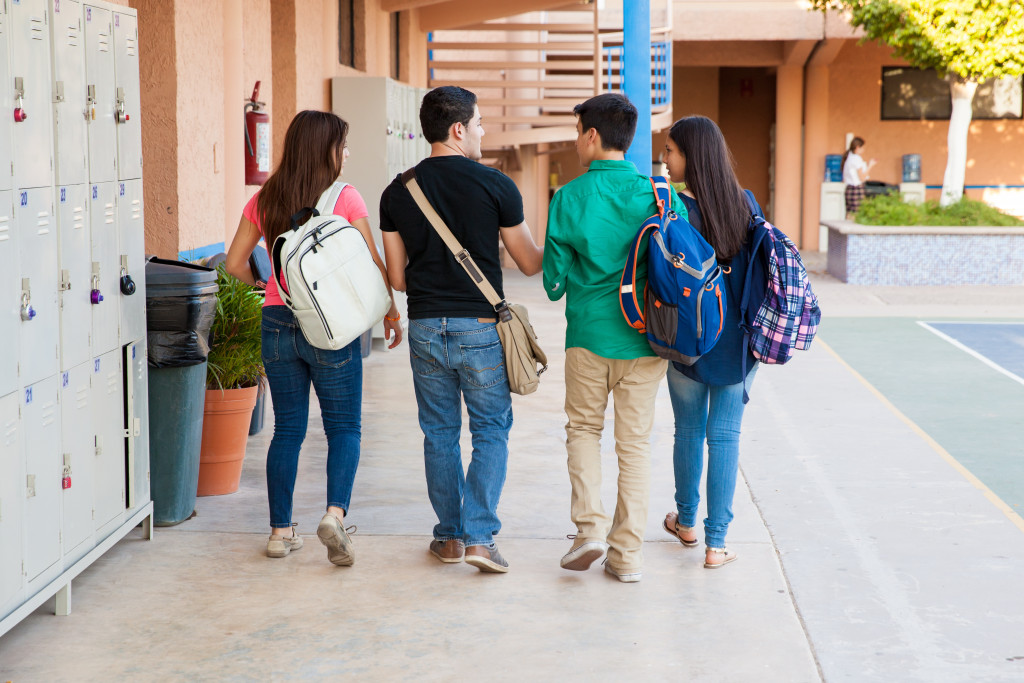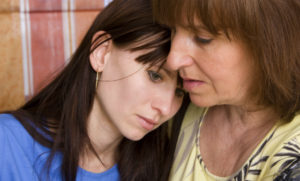
Several parents practice providing alcohol to their teenagers in order to protect them from the risks associated with underage drinking. Yet, this practice holds no evidential support. In fact, a recent study from Australia suggests that it may backfire altogether.
According to the study published in Lancet Public Health earlier last year, teens exposed to alcohol at home were found to be less protected against the dangers of drinking and may even be more likely to drink and suffer alcohol-related repercussions.
Underage drinking – a nationwide concern
Underage drinking is a public health problem in the United States. Alcohol is the most widely used substance of abuse among the young population, leading to huge health and safety risks for not just the direct parties, but for those around them as well. The repercussions of aggressive behavior, property damage, associated injuries, alcohol-triggered violence, and deaths can affect everyone, regardless of age or drinking status.
Statistics by the National Institute on Alcohol Abuse and Alcoholism (NIAAA) revealed that by age 15, about 33 percent of teens have had at least one drink and by the age of 18, about 60 percent of teens have had at least one drink.

Factors such as peer pressure, desire for independence, attraction to new risks/challenges and stress, combined with easy access to alcohol, can encourage many teenagers to engage in underage drinking.
Binge drinking poses greater risk
What poses a more substantial risk is the commonly found trend of binge drinking in this population. Even though the youth, aged 12 through 20, consume alcohol less frequently than adults, when they do drink, they drink more.
The young population consumes 90 percent of their alcohol by binge drinking, which is consuming many drinks in succession in a given instance.
A backfiring approach!
Researchers assessed data collected over a period of 6 years on 1,927 parents and teens, aged 12 to 18 years. At the start of the study, 15 percent of the teens got alcohol from their parents. By the time the study concluded, when teens were almost 18 years old, 57 percent got drinks from their parents.
These teens were twice as likely to report having other sources of access to alcohol by the following year. Eighty-one percent of teens, who got alcohol from their parents and from others, reported binge drinking compared to 61 percent of teens who only got alcohol from others and 25 percent of teens who only got alcohol from their parents. They were also more likely to have symptoms of alcohol use disorders.
The role of parental involvement
 Preventing underage drinking is a complex challenge.
Preventing underage drinking is a complex challenge.
While government focus remains primarily on environmental and school-based interventions, parents need to be empowered to set and enforce clear rules regarding drinking and communicating them effectively.
Research shows that active participation by parents in their children’s lives reduces the chance of underage drinking. As a parent, being more vigilant about your knowing your child’s friends, life, aspirations, and being supportive may go a long way.
“Our study shows that there is no rationale for parents to give alcohol to adolescents younger than the legal purchase age,” said lead study author Richard Mattick of the National Drug and Alcohol Research Center at the University of New South Wales in Sydney.
“To reduce the risk of alcohol-related harm, parents should avoid supplying alcohol to children.,” concluded Mattick. “Modeling responsible alcohol consumption, enforcing strict alcohol-related rules and monitoring of child behavior may also minimize risks of children using or misusing alcohol.”
References:
-
- https://pubs.niaaa.nih.gov/publications/UnderageDrinking/UnderageFact.htm
- https://www.sciencedaily.com/releases/2018/01/180125161255.htm
- https://www.washingtonpost.com/national/health-science/letting-teens-imbibe-a-little-to-teach-responsible-drinking-seems-to-backfire-study-finds/2018/02/16/95190c12-128c-11e8-9570-29c9830535e5_story.html?utm_term=.1d429a7bfb4a\
About the Author:
 Sana Ahmed is a journalist and social media savvy content writer with extensive research, print, and on-air interview skills. She has previously worked as staff writer for a renowned rehabilitation institute, a content writer for a marketing agency, an editor for a business magazine and been an on-air news broadcaster.
Sana Ahmed is a journalist and social media savvy content writer with extensive research, print, and on-air interview skills. She has previously worked as staff writer for a renowned rehabilitation institute, a content writer for a marketing agency, an editor for a business magazine and been an on-air news broadcaster.
Sana graduated with a Bachelors in Economics and Management from the London School of Economics and began a career of research and writing right after. Her recent work has largely been focused upon mental health and addiction recovery.
The opinions and views of our guest contributors are shared to provide a broad perspective of addictions. These are not necessarily the views of Addiction Hope, but an effort to offer a discussion of various issues by different concerned individuals.
We at Addiction Hope understand that addictions result from multiple physical, emotional, environmental and genetic factors. If you or a loved one are suffering from an addiction, please know that there is hope for you, and seek immediate professional help.
Published on February 26, 2019
Reviewed by Jacquelyn Ekern, MS, LPC on February 26, 2019
Published on AddictionHope.com
